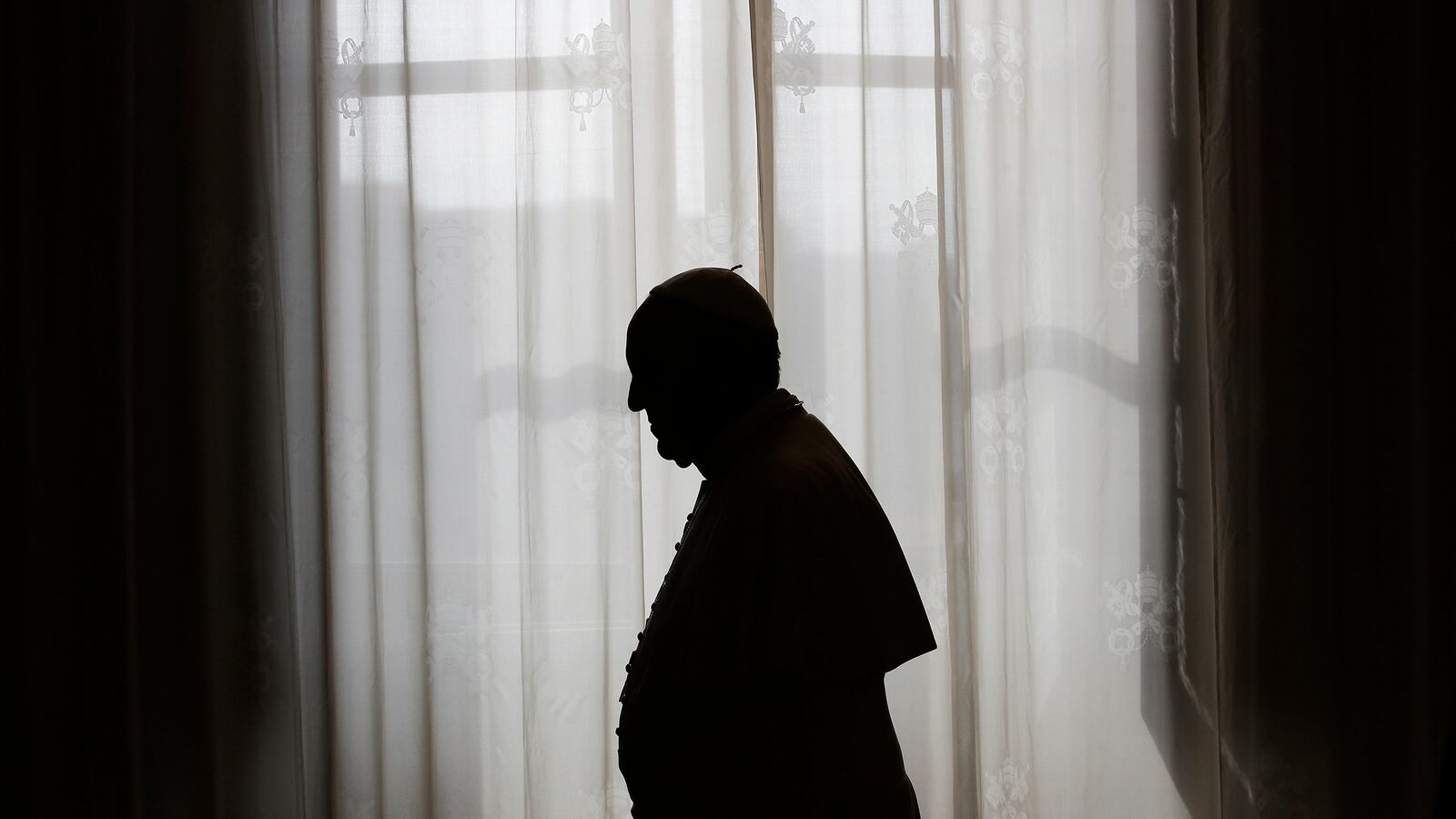Nothing is sacred when it comes to espionage—not even the pope’s privacy. At least that’s what Italy’s newsmagazine Panorama says in an investigative “exclusive” in which they lay out the widespread habit of eavesdropping on Italians by the National Security Agency (NSA), including honing in on the Holy See.

The Datagate saga has been of particular interest in Italy since the revelation that some 46 million calls were subject to American tapping during the period between December 10, 2012 and January 8, 2013. Italians, perhaps, are more tolerant than other nations to stateside snooping given the extent to which interception is an assumed aspect of the Italian culture. It doesn’t help that, according to a recent poll by La Repubblica, most Italians believe that any surveillance by the United States would have likely been aided by complicit Italian authorities. In 2005, Telecom Italia, Italy’s largest phone provider, complained to the government that it could not keep up with the warrants demanding parallel phone lines, according to an official complaint filed at the time.
There is no indication that the trend has slowed. At any given time, more than 15,000 Italian phone numbers are under surveillance by authorities investigating organized crime, corruption and tax fraud, according to statistics from Italy’s Justice Ministry. That doesn’t include the number of private investigators who have “special access”—or, more likely, friends in the phone companies who help trail cheating spouses and errant employees. The Italian justice department said phone tapping was often necessary because of “the reluctance of witnesses to testify in court.”
Panorama’s allegations of papal peeping go all the way back to 2005 when then-cardinal Jorge Mario Bergoglio lost the papacy to Joseph Ratizinger in the close conclave vote to replace Pope John Paul II. At the time, according to Wikileaks cables, Bergoglio, who was then seen as a top contender to head the Holy See, was the subject of at least six cables between the U.S. Embassy to the Holy See and the U.S. State Department. “Bergoglio exemplifies the virtues of the wise pastor that many electors value,” according to one embassy cable profiling “papabile” or potential popes. “Observers have praised his humility. He has been reluctant to accept honors or hold high office and commutes to work on a bus.”
But the Panorama piece goes on to allege that the NSA continued to eavesdrop on the Vatican—and Bergoglio in particular—after Benedict XVI resigned in February and up until the conclave began in which he was elected pope on March 13. Because of the high-tech jamming devices to stop snooping journalists, the secret conclave in the Sistine Chapel and the Casa Santa Marta where the voting cardinals stayed were virtually impenetrable—even to the NSA. Anyway, the cardinals were forbidden from using cell phones during the conclave, so any spying would have had to happen the old fashioned way, through bugs or humans, and the premises were swept for such devices daily.
According to Panorama, the pre-conclave calls were allegedly classified into four different categories: leadership intentions, threats to financial system, foreign policy objectives and the area of human rights intervention. And with the allegations of money laundering and financial corruption within the Vatican Bank, it would be feasible to think that the U.S. felt it had interests in the financial sector. The Vatican seems unfazed. Vatican spokesman Federico Lombardi told Italian news agency Ansa that he had no idea whether the Vatican was tapped. “We are not aware of anything on this issue and in any case we have no concerns about it,” Lombardi said.
The allegations of Vatican spying also prompted a relatively quick response from the NSA, who flatly denied the allegations of Holy See spying as “false”. But the Vatican’s ambassador to the Holy See Carlo Marie Vigano is expected to clarify the issue with the NSA through informal channels, according to Vatican expert Giacomo Galeazzi, who writes for La Stampa’s Vatican Insider. “No doubt the Vatican’s dismay will be made known in Washington,” he wrote in a column that largely supported the supposition that the NSA likely did, indeed, spy on the Holy See. Anyway, thanks to the Vatileaks scandal, when Benedict’s butler Paolo Gabriele was convicted of leaking secret papal papers to the press in 2012, the Vatican has few secrets left to hide.






